Nigeria : Buhari Bans Food Importation
- Par Eldickson Agbortogo
- 16 août 2019 12:01
- Likes
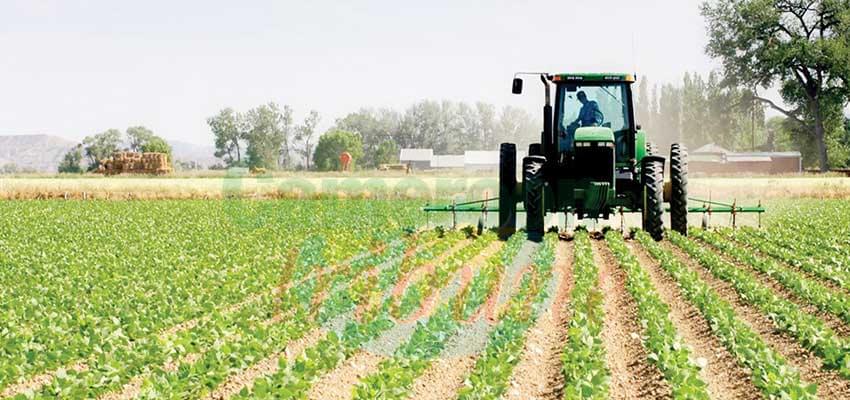
The move is to enhance local products and make the country self-sufficient.
Central Bank of Nigeria has put in place glittering policies with one of the most outstanding being a ban on access to foreign exchange for 41 items which the bank felt could be produced in Nigeria.
“Don’t give a cent to anybody to import food into the country. The foreign reserve will be conserved and utilised strictly for diversification of the economy, and not for encouraging more independence on foreign food import bills”, Buhari is quoted to have said in a statement read to reporters by his spokesperson during a news briefing.
The move comes only weeks after the Governor of the Central Bank, Godwin Emefiele announced the banning of access to foreign exchange for the importation of milk. According to the National Bureau of Statistics, imports of agricultural products were valued at 640 US dollars for the first quarter of 2019. Apart from having the largest economy in the continent, Nigeria is the highest oil producer and relies on crude sales for about 90 percent of its foreign exchange.
Though the decision has been highly welcomed by some local manufacturers, others are calling on the government to provide subventions to farmers before the implementation of such a policy in order to guarantee constant supply in markets.
Speaking to CNN, agricultural expert, Afolabi Toye said, “Beyond encouraging the country to be more productive, there should be an enabling environment for local agriculture to thrive in. There should be strategic reserves and infrastructure in place”. he added.
">
In the next few weeks huge food importation in Nigeria will be history following an order by the country’s President Muhammadu Buhari for the Central Bank to stop providing funds for food imports. The decision which was made public on Tuesday, 13, August 2019 by the presidential spokesperson, Garba Shebu, is aimed at improving Nigeria’s agricultural production and attaining the much targeted goal of food self-sufficiency.
Since the coming to power of President Buhari in 2015, the Central Bank of Nigeria has put in place glittering policies with one of the most outstanding being a ban on access to foreign exchange for 41 items which the bank felt could be produced in Nigeria.
“Don’t give a cent to anybody to import food into the country. The foreign reserve will be conserved and utilised strictly for diversification of the economy, and not for encouraging more independence on foreign food import bills”, Buhari is quoted to have said in a statement read to reporters by his spokesperson during a news briefing.
The move comes only weeks after the Governor of the Central Bank, Godwin Emefiele announced the banning of access to foreign exchange for the importation of milk. According to the National Bureau of Statistics, imports of agricultural products were valued at 640 US dollars for the first quarter of 2019. Apart from having the largest economy in the continent, Nigeria is the highest oil producer and relies on crude sales for about 90 percent of its foreign exchange.
Though the decision has been highly welcomed by some local manufacturers, others are calling on the government to provide subventions to farmers before the implementation of such a policy in order to guarantee constant supply in markets.
Speaking to CNN, agricultural expert, Afolabi Toye said, “Beyond encouraging the country to be more productive, there should be an enabling environment for local agriculture to thrive in. There should be strategic reserves and infrastructure in place”. he added.
">
Muhammadu Buhari for the Central Bank to stop providing funds for food imports. The decision which was made public on Tuesday, 13, August 2019 by the presidential spokesperson, Garba Shebu, is aimed at improving Nigeria’s agricultural production and attaining the much targeted goal of food self-sufficiency.
Since the coming to power of President Buhari in 2015, the Central Bank of Nigeria has put in place glittering policies with one of the most outstanding being a ban on access to foreign exchange for 41 items which the bank felt could be produced in Nigeria.
“Don’t give a cent to anybody to import food into the country. The foreign reserve will be conserved and utilised strictly for diversification of the economy, and not for encouraging more independence on foreign food import bills”, Buhari is quoted to have said in a statement read to reporters by his spokesperson during a news briefing.
The move comes only weeks after the Governor of the Central Bank, Godwin Emefiele announced the banning of access to foreign exchange for the importation of milk. According to the National Bureau of Statistics, imports of agricultural products were valued at 640 US dollars for the first quarter of 2019. Apart from having the largest economy in the continent, Nigeria is the highest oil producer and relies on crude sales for about 90 percent of its foreign exchange.
Though the decision has been highly welcomed by some local man...
Cet article complet est réservé aux abonnés
Déjà abonné ? Identifiez-vous >
Accédez en illimité à Cameroon Tribune Digital à partir de 26250 FCFA
Je M'abonne1 minute suffit pour vous abonner à Cameroon Tribune Digital !
- Votre numéro spécial cameroon-tribune en version numérique
- Des encarts
- Des appels d'offres exclusives
- D'avant-première (accès 24h avant la publication)
- Des éditions consultables sur tous supports (smartphone, tablettes, PC)






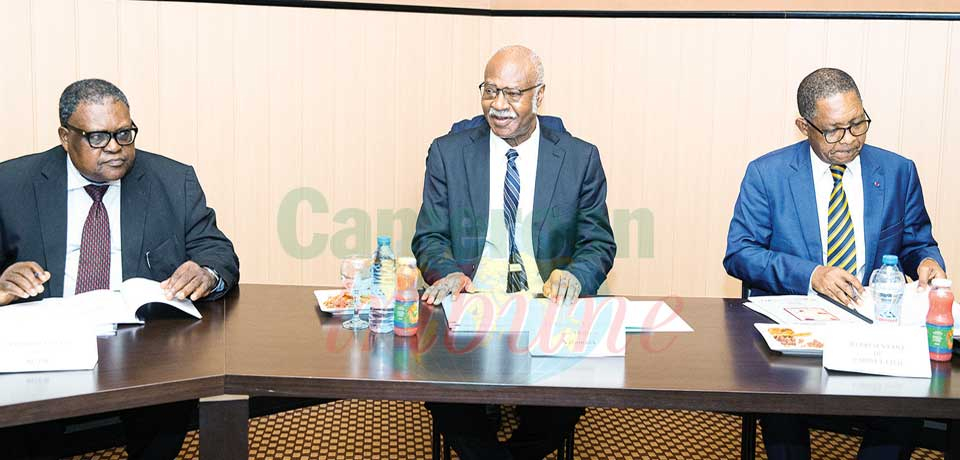


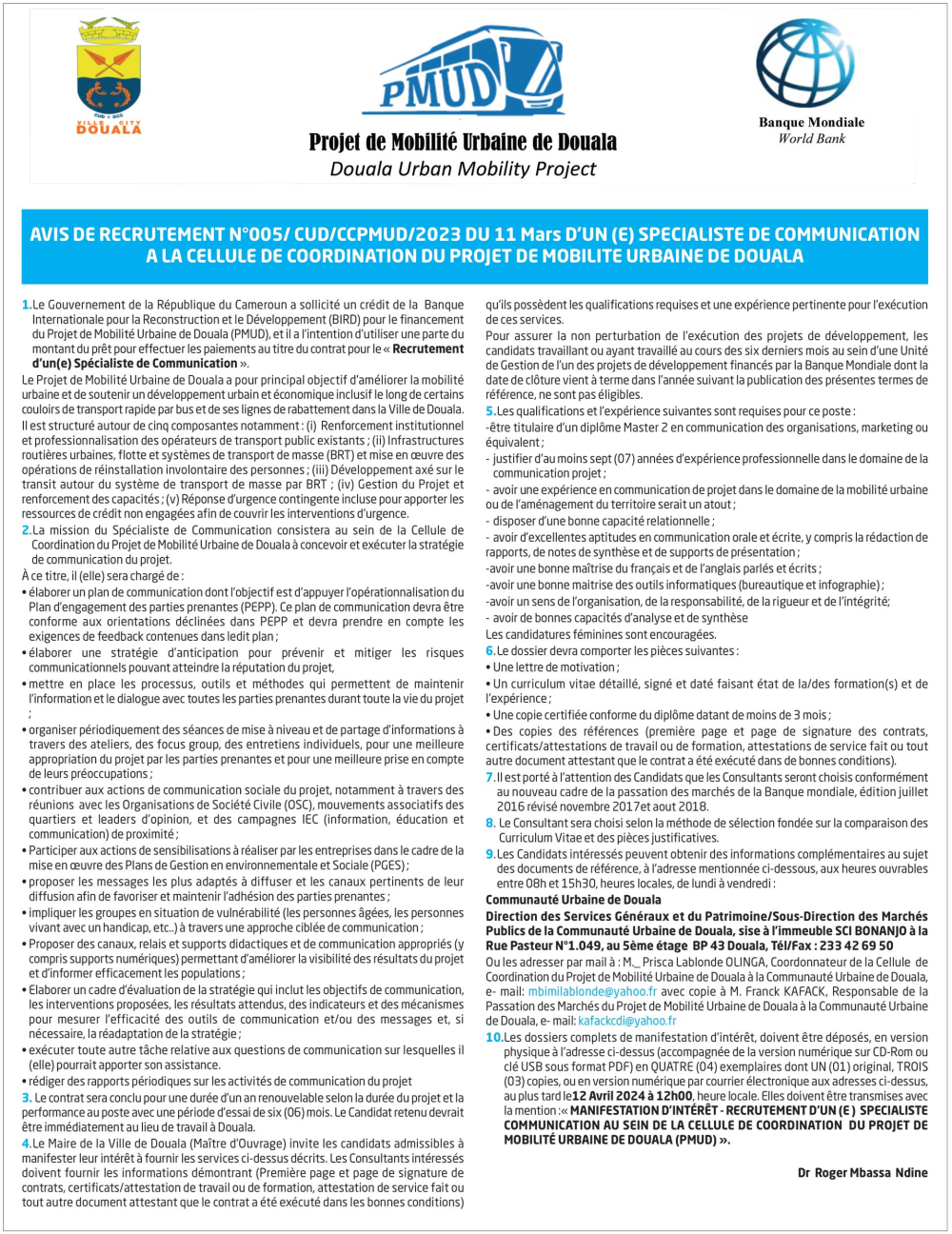
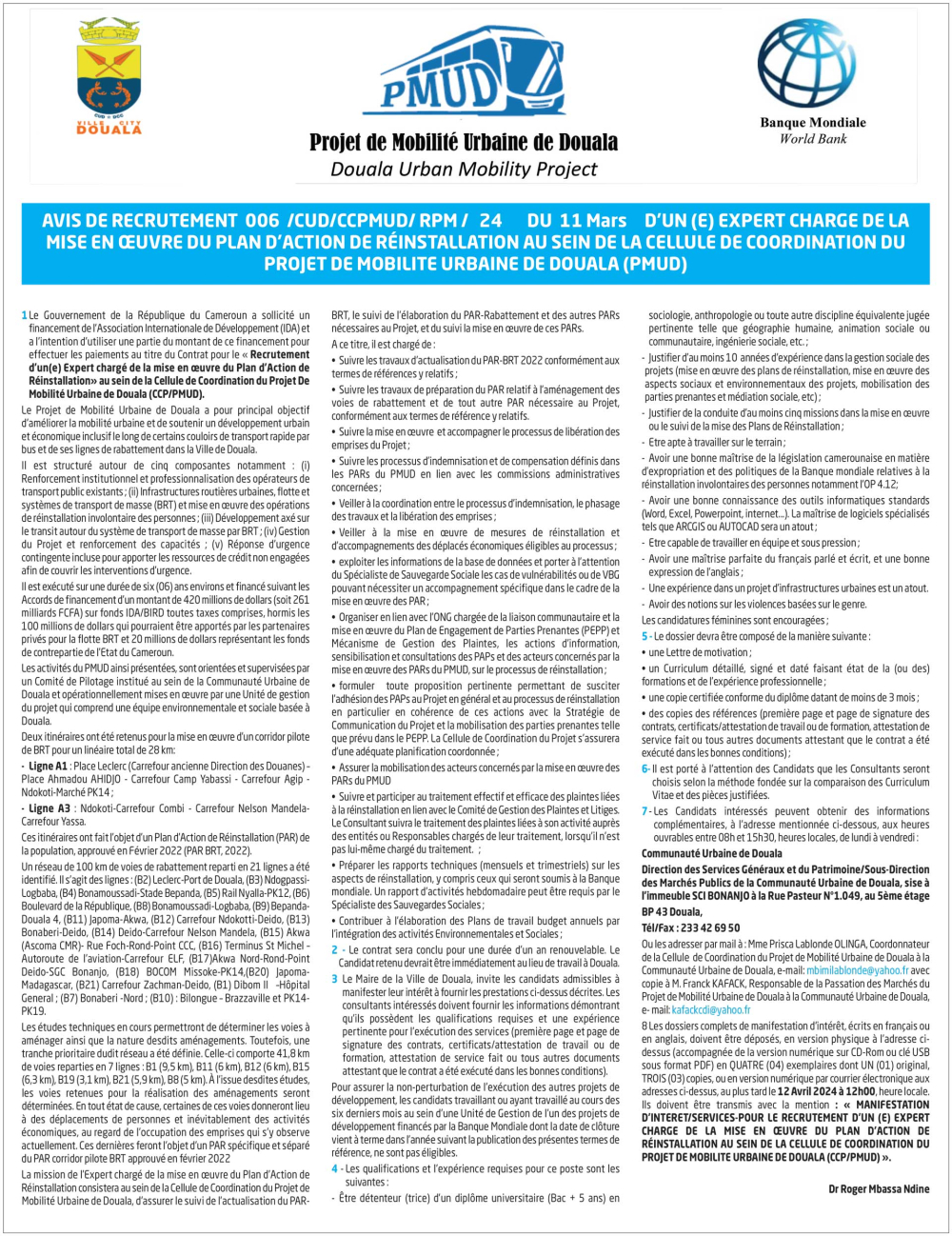
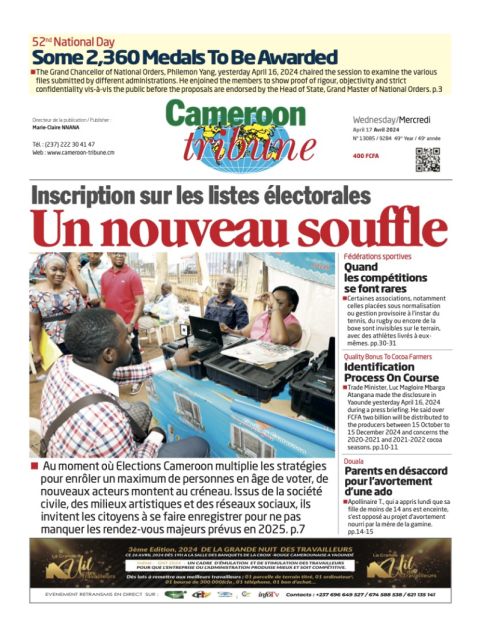




Commentaires